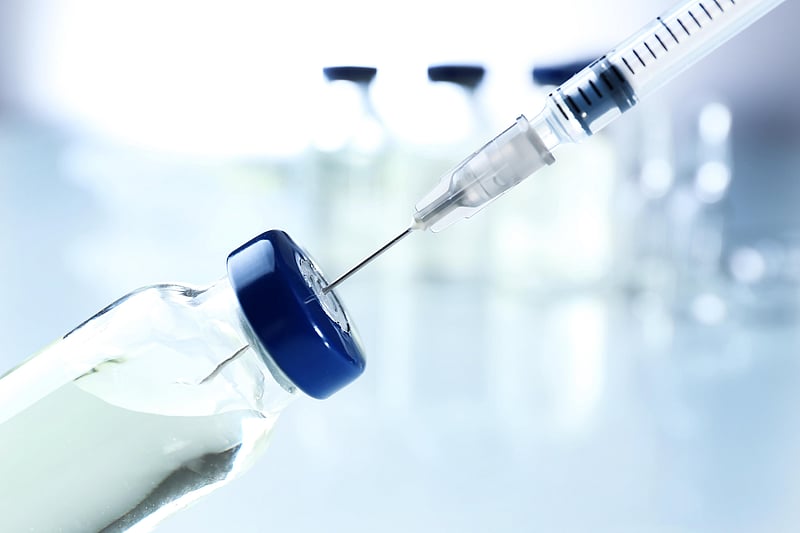Get Healthy!

- Cara Murez
- Posted December 29, 2022
Some Young Cancer Survivors Won't Get Cancer-Preventing HPV Vaccine
Young cancer survivors face a heightened risk from human papillomavirus (HPV), a virus known to raise the risk of cervical cancer. So why are they getting the HPV vaccine in low numbers?
To find out, researchers analyzed data from a clinical trial of the HPV vaccine among cancer survivors who were ages 9 to 26 and were one to five years from the completion of their cancer treatment.
The survivors, or their parents in the case of minors, who declined participation in the trial were asked about their reasons.
More than 70% of the 301 survivors who declined to participate in the clinical trial did so because of the HPV vaccines. They reported concerns about vaccine safety, such as "hearing bad things about the vaccine." They also reporting viewing the vaccine as "unnecessary" or wanted to wait until their children were older.
Some of the survivors said they had already "been through so much" and wanted to avoid additional medical interventions. Others received guidance from a health care provider to delay or decline the vaccine "because of all the treatment he's had."
Researchers said that findings, published Dec. 19 in the journal CANCER, may help health care providers address patient, and parent, concerns about vaccination.
"The HPV vaccine is an important tool for cancer prevention, particularly for the vulnerable population of cancer survivors," said Brooke Cherven, a researcher at Winship Cancer Institute of Emory University in Atlanta.
"By incorporating messages that address common concerns, health care providers may feel more prepared and confident when recommending the HPV vaccine to survivors in their practice," Cherven said in a journal news release.
More information
The U.S. Centers for Disease Control and Prevention has more on human papillomavirus.
SOURCE: CANCER, news release, Dec. 19, 2022


